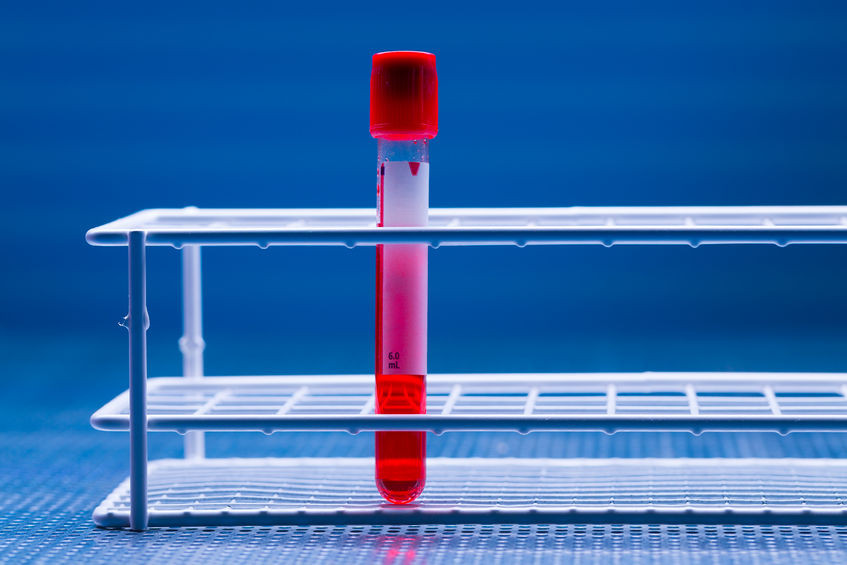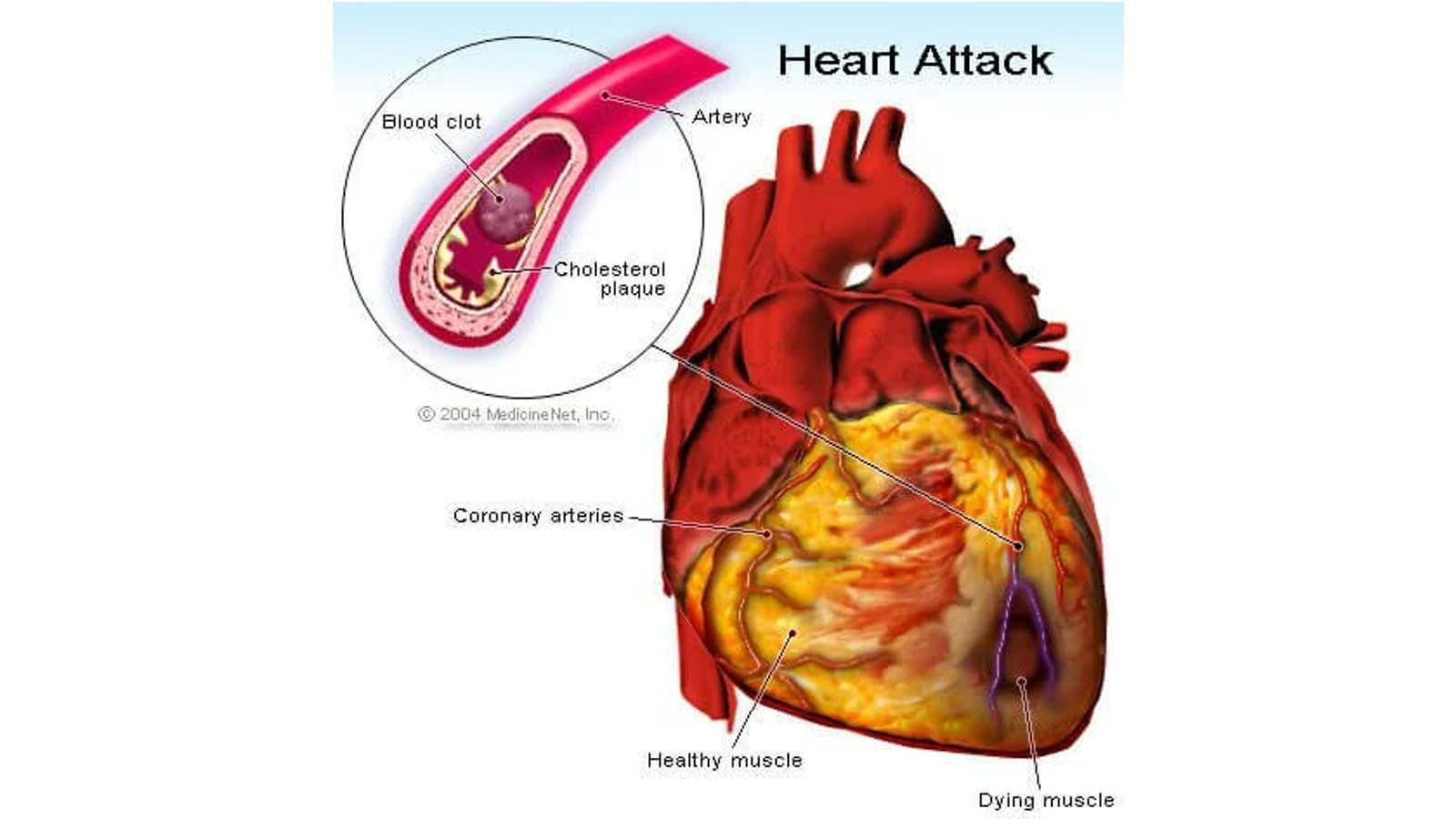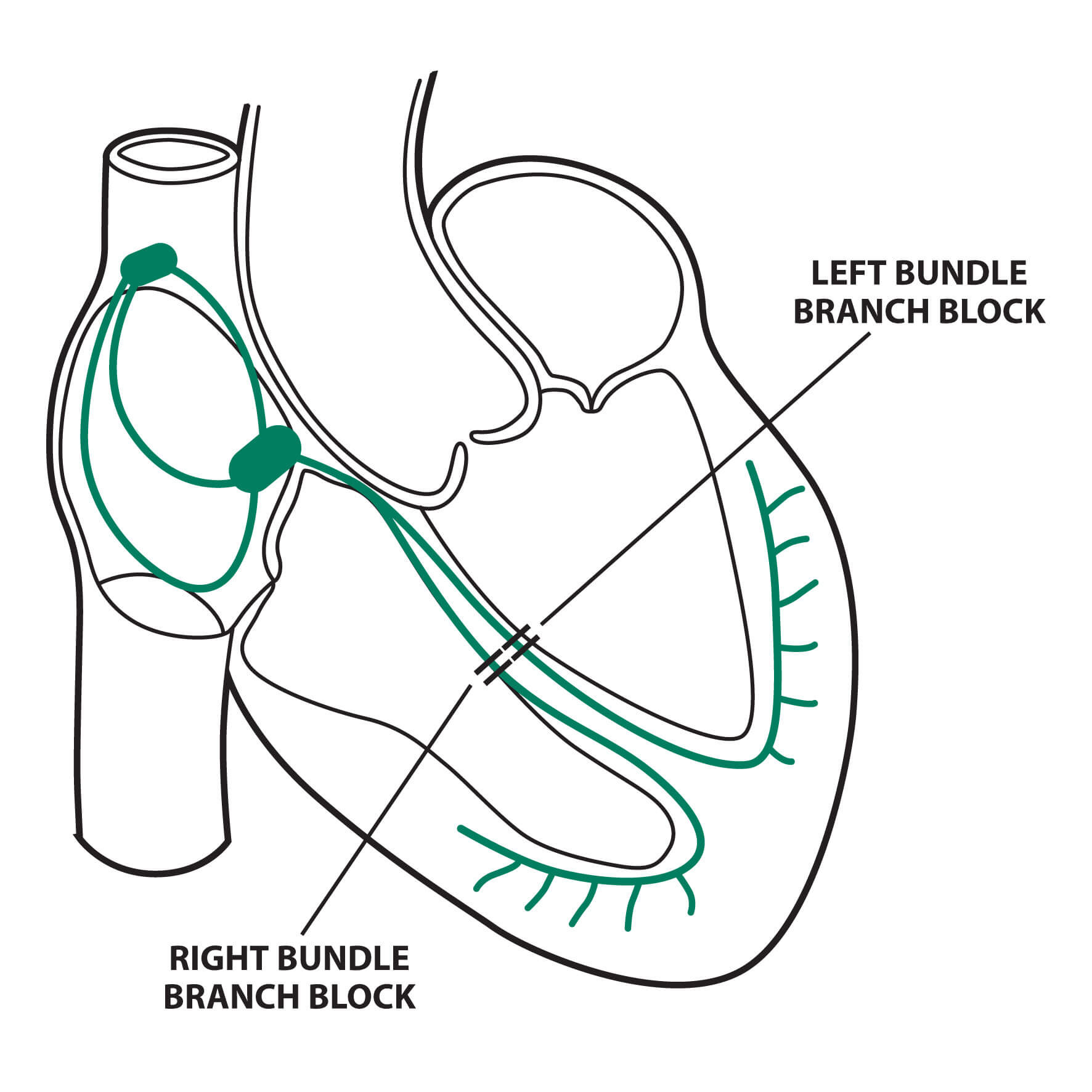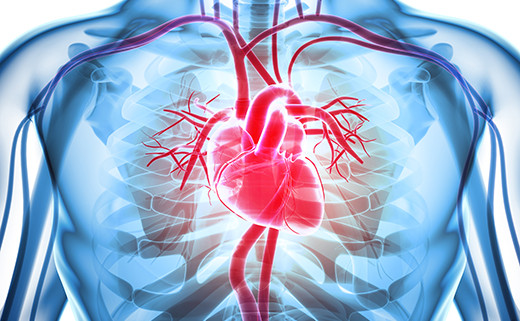Definition
CRP or C-reactive protein is a protein that circulates in the bloodstream and produced by the liver. CRP levels would usually rise in response to inflammation. The elevated level of serum CRP could help in providing information about potential inflammation that occurs in the body and its severity. This protein can be measured with simple blood tests.
Slight elevations in CRP levels that occur within the reference ranges can be detected with greater accuracy by the hs-CRP test, that stands for high-sensitivity C-reactive protein test, compared to the standard CRP test. This test could also identify lower CRP concentrations effectively compared to the normal CRP test. Due to its heightened sensitivity, the hs-CRP test can assist in evaluating your susceptibility to cardiovascular disease (CVD).
Hs-CRP is a cardiac risk marker that is becoming more utilized to assess the likelihood of developing chronic heart disease (CHD). Several studies have demonstrated that utilizing a highly sensitive assay to measure CRP can assist in determining the risk level for cardiovascular disease in seemingly healthy individuals. In addition, studies have demonstrated that hs-CRP is also useful in predicting the risk of death or heart failure in adults with congenital heart disease (ACHD).
We also have an article on CRP which you can read here: CRP - Definition, Indication and Contraindication.
Indication
CRP or C-reactive protein is a biomarker that would rise in the bloodstream in response to inflammation and infection. This protein could be found elevated after a heart attack, trauma, or surgical procedure, among other conditions. Research has indicated that a chronic, low degree of inflammation significantly contributes to the development of atherosclerosis, a pathological condition characterized by plaque composed of cholesterol and lipid accumulation that cause arteries to narrow; this condition is frequently linked to cardiovascular disease.
By precisely detecting persistent CRP that suggest ongoing vascular inflammation, this test could help predict the likelihood of developing cardiovascular diseases in the future. Right now, there is no official agreement on the optimal timing for getting tested, however there are some guidelines that provide recommendations on this test.
AHA (American Heart Association) categorizes three categories of primary risk factors, such as:
- Age: Progressive increase in age in both genders is associated with the increase risk of cardiovascular diseases
- Gender: While women face a higher mortality risk, males seem to experience a higher incidence of heart attacks
- Genetic: Offspring of individuals with heart disease are more susceptible to developing this condition. Individuals of African-American, Mexican-American, Native American, Native Hawaiian, and some Asian-American origins may have elevated susceptibility to experience heart attack
Other factors that contribute to cardiovascular diseases include diet, smoking, cholesterol levels, blood pressure, level of physical activity, diabetes, and obesity. Typically, professionals recommend taking this test within the next ten years if your risk experiencing a heart attack is moderate.
Contraindication
There are no individuals for whom it is advised against to check their serum hs-CRP level; everyone is eligible to undergo blood tests for monitoring the levels of hs-CRP in their bodies.
Preparations Prior to Test
Usually, you will not be asked to prepare before the test; however you may be advised to fast or abstain from eating for 9-12 hours before your test, especially if this test is carried out with other tests that do require fasting, such as lipid profile or blood glucose test.
Make sure to inform your physician about any medications or supplements you are currently using.
Certain medications also have the potential to affect the test's outcome. It is advisable to inform your physician about your regular use of medications or therapy you currently undergo, including statins or hormone replacement therapy. Whether or not you need to stop taking any of these medications for the test depends on your physician's instructions.
Test Procedures
A healthcare professional will extract a blood sample from a vein, usually in your arm, using a tiny needle. Once the needle is placed, a little sample of blood will be drawn into a test tube. You may experience a slight stinging sensation when the needle is inserted or removed.
Normal and Abnormal Values
The reference range of hs-CRP is 0.3 to 10 mg/L. The American Heart Association and US Centers for Disease Control and Prevention (CDC) have established risk groups based on hs-CRP results in the following manner:
- Low risk of cardiovascular disease: below 1.0 mg/L
- Average risk of cardiovascular disease: 1.0 - 3.0 mg/L.
- High risk of cardiovascular disease: >3.0 mg/L
These numbers are merely a portion of the entire assessment procedure for heart and related conditions. Other risk factors besides hs-CRP that should be taken into account include high levels of cholesterol, LDL cholesterol, triglycerides, and blood glucose. Furthermore, smoking, hypertension, and diabetes are additional factors that could elevate the risk of cardiovascular diseases.
Results and Suggestions (Follow-Up Tests)
An elevated CRP level exceeding 1.0 mg/dL typically indicates the presence of inflammation. Elevated levels of hs-CRP in seemingly healthy individuals have been associated with a higher likelihood of experiencing peripheral artery disease, heart attack, stroke, or cardiac arrest in the future. This holds true even if their cholesterol levels are considered to be within a normal range.
It could be said that individuals with low hs-CRP test results have lower cardiovascular risk than people with elevated hs-CRP level. More precisely, hs-CRP results at the upper limit of the normal range could present a risk of heart attack that is 1.5 - 4 times higher compared to those with hs-CRP levels at the lower limit of the normal range.
Elevated hs-CRP levels may not necessarily indicate an increased likelihood of developing cardiovascular disease in the future. Other tests could be used to aid in assessing the level of risk.
Consult To The Right Doctor
When hs-CRP is evaluated, it has been recommended to have the test repeated to confirm that you have persistent inflammation. The CDC and the American Heart Association (AHA) recommend that measurement of hs-CRP greater than 10 mg/L be repeated twice, optimally two weeks apart, fasting or non-fasting in patients free of infection or acute illness. This is done to find your risk of heart disease.
You could also have a high reading without necessarily having heart disease. So it's important to check your LDL cholesterol levels as well to get a full picture of your cardiovascular diseases risk. For the best explanation of your test results, consult your physician, internist or cardiologist.
Want to know information about laboratory, radiology, and other examination results? Click here!
- dr Hanifa Rahma
Hs-CRP Test (C-Reactive Protein High-Sensitivity). (2022). Retrieved 04 July 2023, from https://www.testing.com/tests/high-sensitivity-c-reactive-protein-hs-crp/
C Reactuve Protein (CRP Blood Test). (2022). Retrieved 04 July 2023, from https://www.testing.com/tests/c-reactive-protein-crp/
C-Reactive Protein Test. (2022). Retrieved 04 July 2023, from https://www.mayoclinic.org/tests-procedures/c-reactive-protein-test/about/pac-20385228
What is a C-Reactive Protein Test. (2021). Retrieved 04 July 2023, from https://www.webmd.com/a-to-z-guides/c-reactive-protein-test?print=true
C-Reactive Protein. (2023). Retrieved 04 July 2023, from https://medlineplus.gov/ency/article/003356.htm












